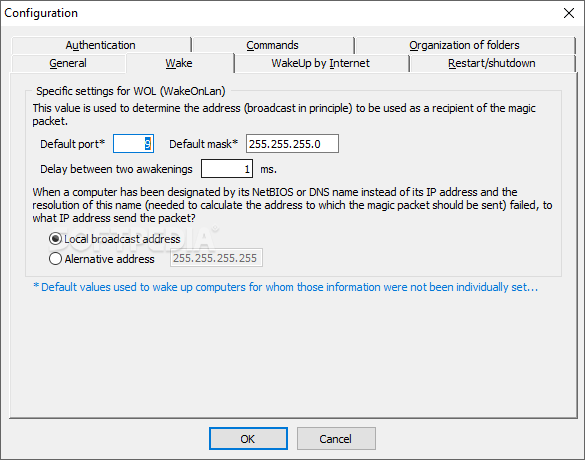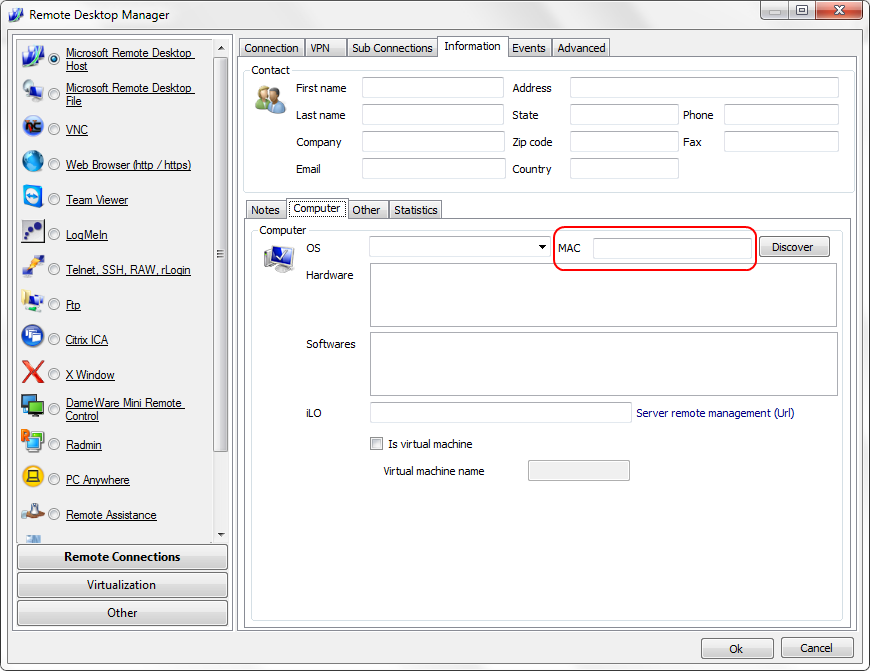

WARNING: CPU: 0 PID: 1535 at kernel/irq/manage.c:623 irq_set_irq_wake+0xe4/0x11c

3Com's -NM (non managed) cards do not support WOL while their -M (managed) cards do.Some motherboards support both and only provide the header for backwards compatibility with network cards that don't support the PCI pin.Older motherboards use a WOL three pin connector between your network card and your main board.Newer motherboards use a WOL pin on the PCI bus, negating the need for the cable.Motherboards with onboard NICs usually support WOL without the need for any pins/cables.įor motherboards without onboard NICs there are two main systems: Your first step towards booting your computer from over the network is to make sure your network card and motherboard support some type of Wake On LAN (WOL) feature. In the UEFI/BIOS boot firmware settings under power management or network you may have a clear, intuitive option labelled "Wake On LAN". If you do not have that option, there may be another power management or network option that enables WOL. Shuttle XPC SK41G: Power Management Setup -> IRQ/Event Activity Detect -> PowerOn by PCI Card or Modem Ring ResumeĪfter activating WOL in hardware and firmware, it must also be activated in software.įirst check if WOL functionality is already activated. If it is activated, then you can power down your system, and then use another system to wake it. If it is not activated, then you need to enable automatic activation. You can use the integrated WOL functionality of systemd networkd, NetworkManager or ifupdown. Supported link modes: 10baseT/Half 10baseT/FullĪdvertised link modes: 10baseT/Half 10baseT/Full You can check if WOL is enabled using the ethtool command from the ethtool package: Alternatively you can activate it manually. You can check if you manage network by ifupdown with ifquery. This is the default on Debian installations. See the documentation in /usr/share/doc/ethtool/README.Debian for more information.Īdd an interface config file /etc/network/interfaces.d/eth0 (or modify the global interface config file /etc/network/interfaces): Since squeeze ethtool parameters can be set directly from an interface configuration file. You can check if your network is managed by systemd-networkd by networkctl list command. Set the WakeOnLan field to one of the available options in the section of the.

link file for the network interfaces you want to use WOL on:īeware that only the first. link file is applied and that there is a 99-default.link. The name needs to be lexicographically smaller. $ sudo nmcli c modify "wired1" 802-3-ethernet.wake-on-lan magic NetworkManager supports WOL since version 1.0.6 and you can enable it from either your desktop network configuration GUI, or the nm-connection-editor GUI from nm-connection-editor, or from the nmcli command-line tool using this command: You can check if your network devices are managed with nmcli d command. Replace eth0 with your network interface device name: The ethtool command from the ethtool package can tell the network interface to respond to the magic packet.
#Wakeonlan pm suspend mac
WOL utilities typically require the target host's NIC MAC address this can be found by running standard network configuration utilities on the target (e.g. ip a, ifconfig), or by pinging the target system and then checking the local arp table ( arp).
#Wakeonlan pm suspend install
Install the etherwake package in the controlling system for the etherwake command to send the "Magic Packet" to my computer to wake it up. The program must be run as root to send the packet (I use sudo to execute it). The wakeonlan package is also available, wakeonlan is a program that uses UDP packets not TCP, and hence does not need to be run as root. I found that I didn't want any of the Wake On LAN settings except Wake on "Magic Packet" (g). I only wanted my machine to turn on when I specifically told it to, not on unicast messages (u), broadcast messages (b) or multicast messages (m). However, if you do want Wake On LAN on any of these events (other than "Magic Packet"), you may find conflicts with pm-utils. At the time of writing, scripts in this package will set the wake option for all relevant interface cards to "Magic Packet" only, (g). This will be a problem if you want your machine to wake "on-demand", when it receives traffic (u), for example. Hardware looks up to spec, you think the BIOS is set right, but it still doesn't work without some tweaking using the software.


 0 kommentar(er)
0 kommentar(er)
